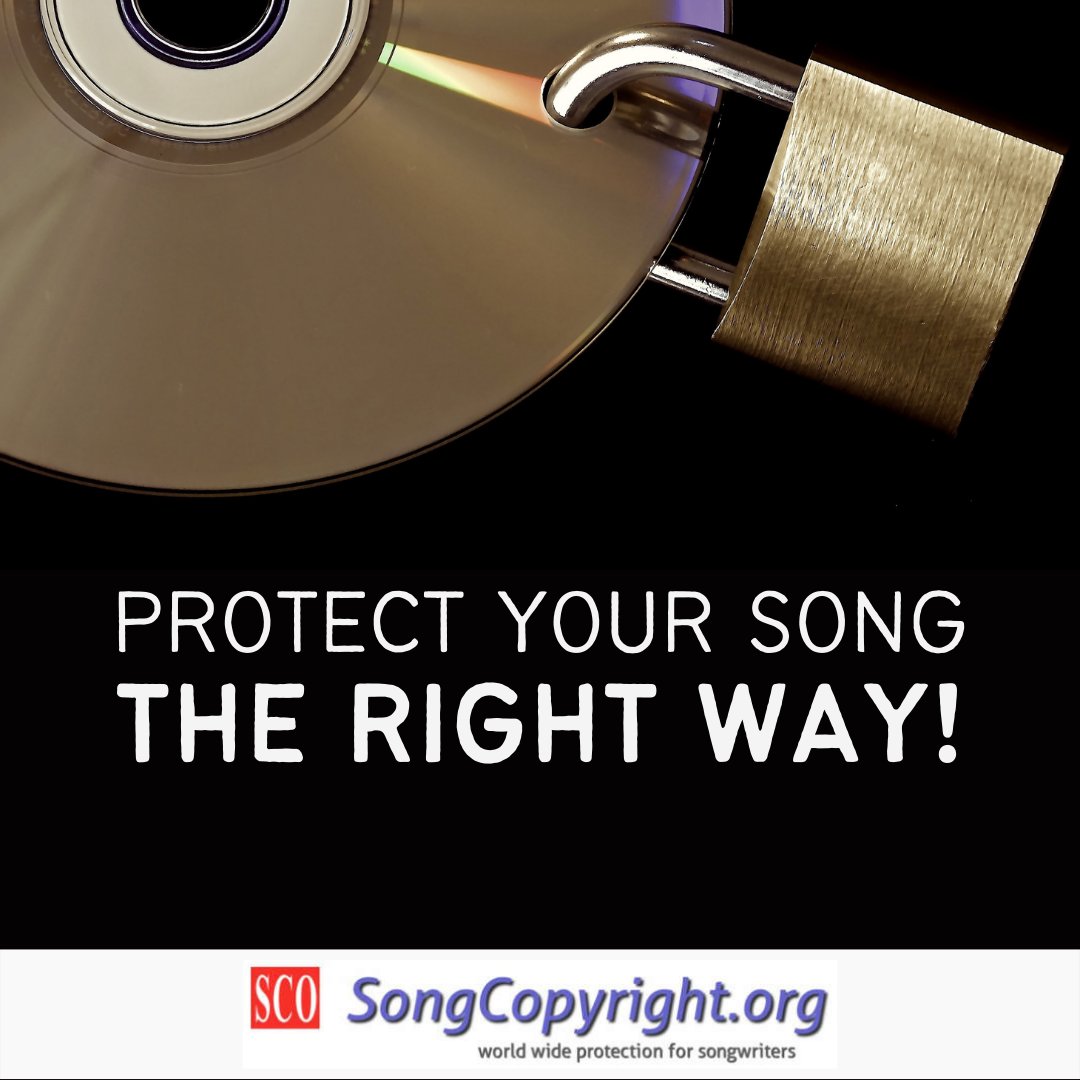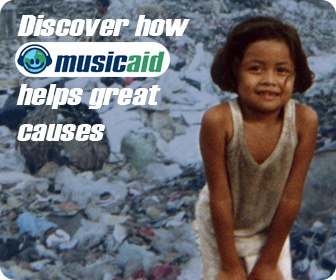|
Copyright theft happens every day and copyright registration may provide the insurance that you need to help you protect your valuable creative work and enforce your legal rights.
The following information is taken from Music Aid's resources and services partner, The SCO Song Copyright Organization. For more details about copyright laws, registration forms, and tips about protecting your songs visit SongCopyright.org. The international laws relating to song copyright state that your songs are your creative work and your property. This legal principle of ownership means that the writer controls and owns all rights relating to the use and reproduction of the song - including the right to sell or assign the copyright and ownership to another individual or company. This is the law under international legal agreements and it is the basic principle of copyright that is accepted throughout the world. Most countries have formalised the principles of copyright outlined above by signing up to an international agreement known as the Berne Convention for the Protection of Literary and Artistic Works. It was first adopted in 1886 as an agreement to honour the rights of all authors who are nationals of countries that are party to the convention. The current version of the convention is the Paris Act of 1971. The convention is administered by the World Intellectual Property Organization (WIPO). A search on the internet will show a number of sites with up to date lists of the countries that have signed. This international agreement provides legal protection to the authors of original works where these works have been presented in a tangible, fixed and physical form of expression.This agreement makes it very clear that as soon as your song, music or lyrics are written down, or recorded as a sound recording, they are automatically copyrighted and the writer(s) has/have full legal ownership. This is a very important point. It is not enough to compose a song in your head and keep it in your memory - it must also exist in a physical and tangible form, a form that others can see or hear, for the copyright rules to apply. So under the Berne Convention you officially and legally own the copyright in your work as soon as you express it in a tangible and verifiable form. This protection applies to both published and unpublished works. For more information about copyright for songwriters, the legal issues, practical advice and tips, visit the SCO at SongCopyright.org. Comments are closed.
|





